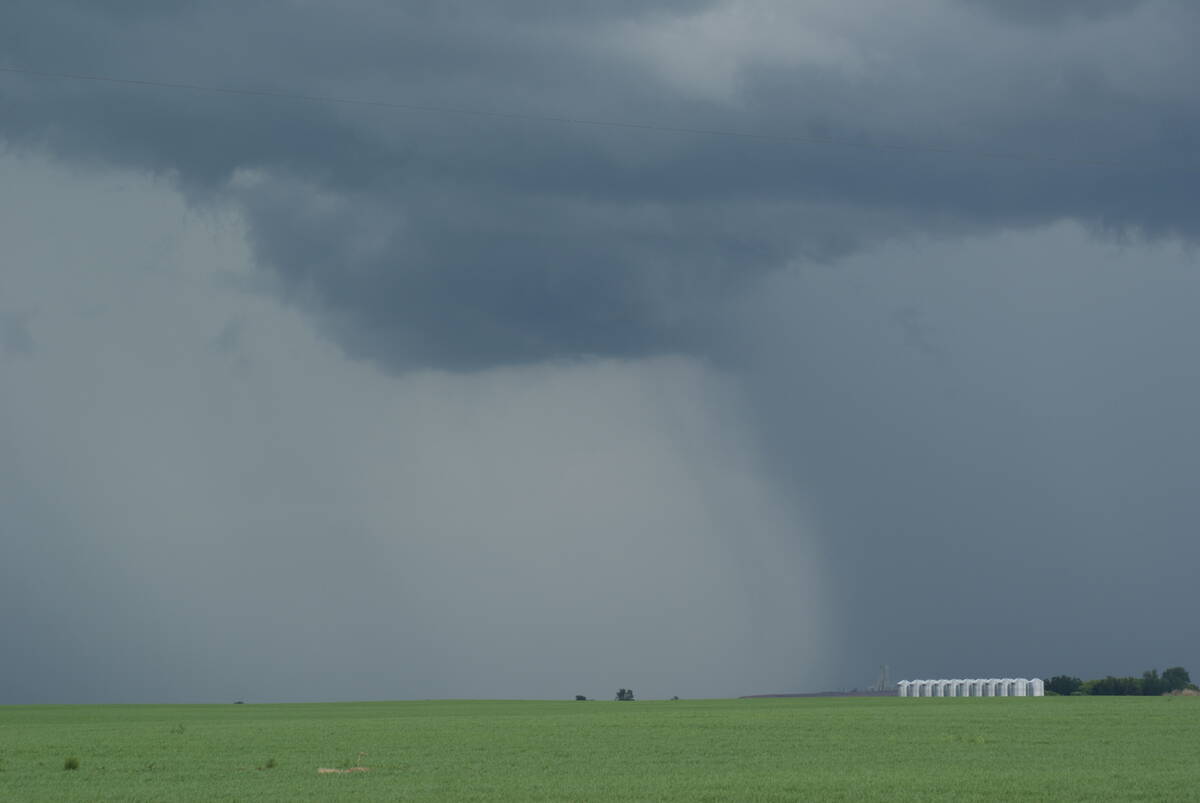SASKATOON’S economy is the fastest-growing in Canada, according to statistics. You’d think that would have been good reason for our city to give thanks this past weekend, but I’ve discovered that economies boom at a cost.
My wife and I built a new house this year. It has been a stressful, eye-opening experience for us and other home-builders I’ve talked to. Most companies seem to take on more work than they can handle, so scheduling trades becomes a nightmare. There are long periods when none are available. Then suddenly two or three show up at the same time, tripping over each other.
Read Also

Canadian farmers need new tools to support on-farm innovation
Farmers need a risk management buffer that actually works and investment that drives advancements forward if Canada is to build resilience.
Skilled labour is in short supply. People with little or no experience are being hired and the quality suffers. Con artists (we were approached by a couple) have a field day because people are willing to accept bids without references.
Saskatoon’s boom is also a mixed blessing to the surrounding towns. Like a giant straw, it sucks skilled workers out of smaller rural communities to satisfy its own thirst.
It provides work, but often leaves those communities with no one to supply a particular trade. And rural families pay the price in long days and expensive travel.
The same happens between provinces. Stratospheric oil and gas prices create a powerful vortex drawing workers out of Saskatchewan and British Columbia into Alberta. So, in spite of its economic health, Saskatchewan continues to watch its population decline.
Part of the shortage, of course, is due to our attitude toward the trades. Skills that built the pyramids and the Taj Mahal have been relegated to second class status. Hands-on work has become unattractive to a generation that grew up glued to a computer screen.
Information-processing is sexy now. But every computer on the Prairies needs a roof over it to keep out the snow.
Great Britain experienced this crisis some years ago. Since then it has been working hard to publicly honour the value of good craftsmanship. Its technical schools recruit aggressively. Travelling there I heard dozens of radio ads reminding Britons that the tower of London, Westminster cathedral, and their space-age city hall – icons of their heritage – were given to them from the hands of skilled tradespeople.
Some rural industries in Western Canada are dealing with the shortages through immigration. Doepker Industries in Saskatchewan is importing 20 welders from South Africa to help build its trailers. Siemens Transport has brought in dozens of families from the United Kingdom to drive trucks in rural Saskatchewan.
Perhaps that is the silver lining. Maybe our rural communities will repopulate through immigration from countries that still value the trades.
A few days ago a Bobcat came in to clean up our lot. The operator used the machine like an extension of his body, turning on a dime, caressing, thrusting, shaping. As he moved out the debris and ironed out the land, I thought of the Creator wading into the chaos of early creation, carving out a space for life, for us.
This Thanksgiving, I thanked God for our tradespeople.














